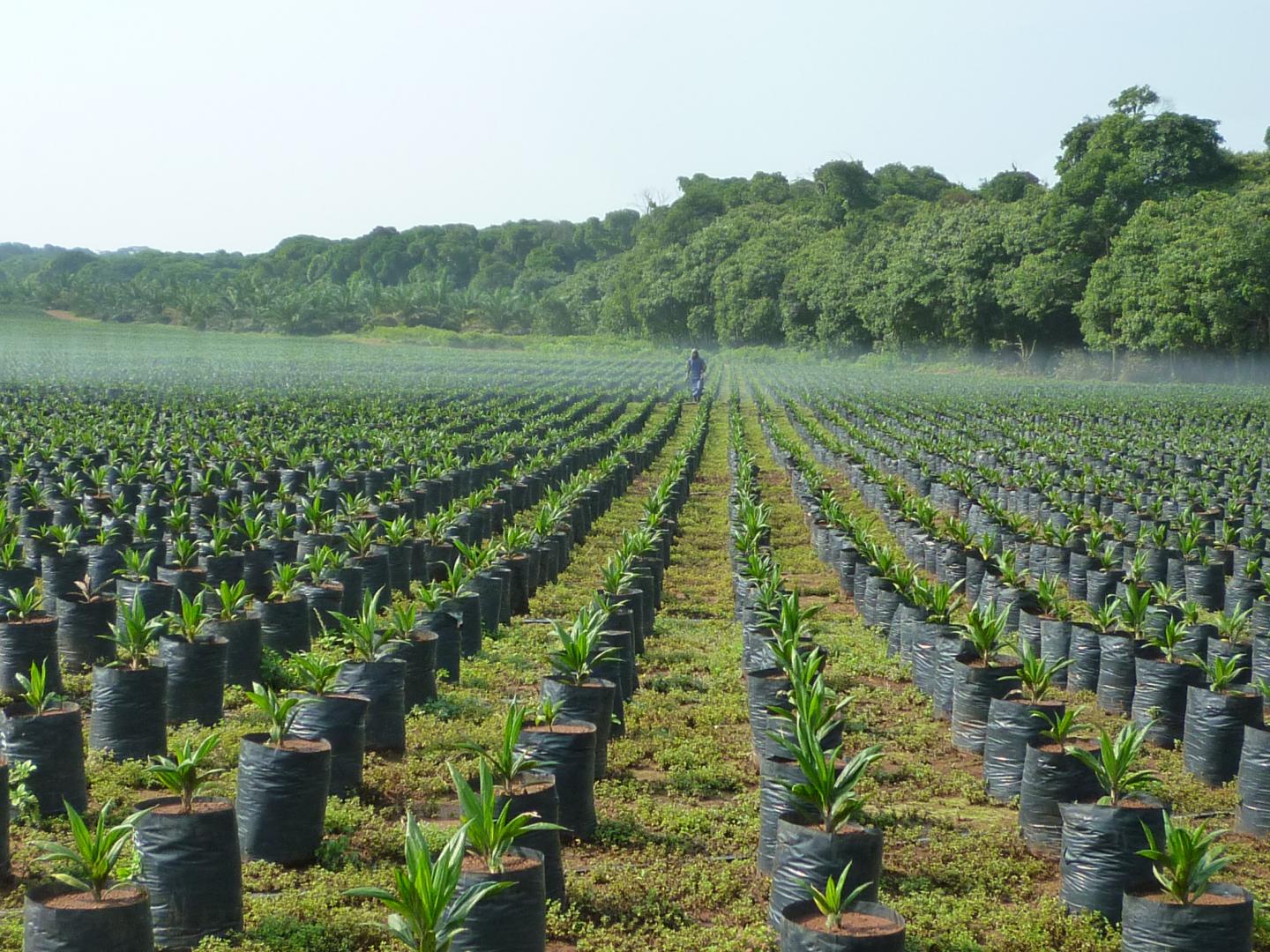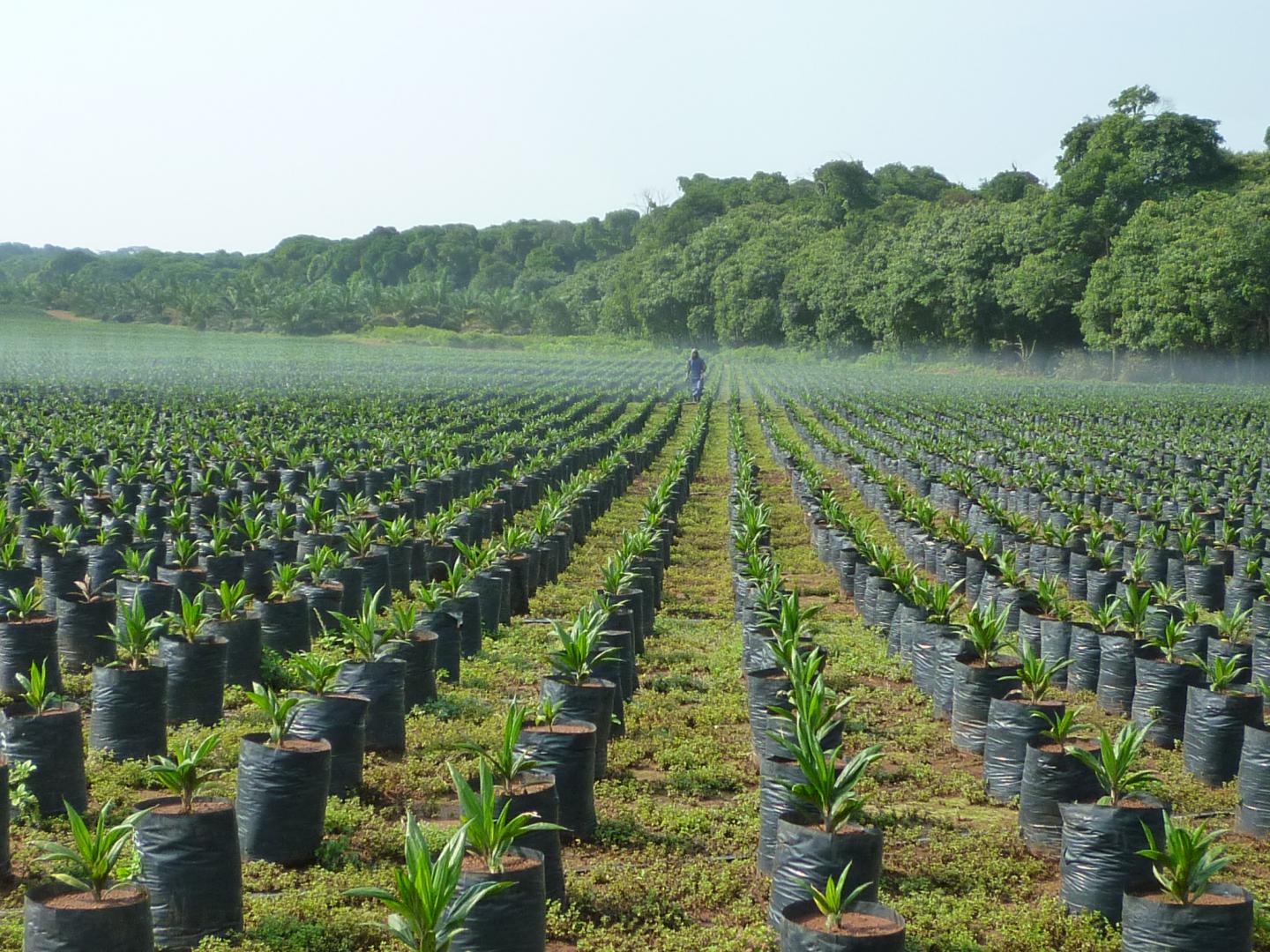
Credit: ©ZSL-Sophia Gynch
Zero-deforestation commitments within the palm oil industry risk being undermined by a lack of monitoring within production landscapes – meaning the deforestation of tropical forests home to Critically Endangered wildlife such as Sumatran tigers (Panthera tigris sumatrae) and orangutans (Pongo abelii) could be going unreported. This is just one finding of an in-depth evaluation of palm oil companies, published today by ZSL (Zoological Society of London).
ZSL's SPOTT (Sustainability Policy Transparency Toolkit) assessed 70 of the world's most significant palm oil producers and traders. The survey found that although 49 of these companies have committed to some sort of zero-deforestation pledge, many of their targets lack scope and on-the-ground verification – limiting their effectiveness in addressing deforestation and leaving significant areas of tropical forests at risk of destruction to produce palm oil. Companies define deforestation in different ways, with more than half of those with zero-deforestation commitments not applying these commitments to all types of forests (such as intact or secondary forests).
Furthermore, only 26 companies expect all their suppliers to also match their commitments, and just 24 provide any evidence of how they monitor forest cover across their supply chain to ensure that no deforestation is taking place. This means companies can "meet" their zero-deforestation commitments while still contributing to forest loss on the ground.
Currently, SPOTT assesses companies that manage nearly nine million hectares – an area roughly the size of Portugal. With 2017 the second worst year on record for tropical tree cover loss – seeing 15.8 million hectares disappear – and forests playing a key role in climate change mitigation, palm oil companies must reinforce their commitments to tackling deforestation, providing detailed information on the areas monitored, the timeframe for tracking forest cover, and methods used (e.g. patrols, satellite monitoring).
Michael Guindon, ZSL Palm Oil Technical Advisor, states: "Without companies monitoring deforestation on the ground and extending their commitments to their entire operations, company pledges to be deforestation-free carry little weight. With just two years remaining to meet 2020 deforestation commitments, palm oil producers – and companies along the entire supply chain – must act now."
For companies seeking Roundtable on Sustainable Palm Oil (RSPO) certification – next week's annual conference (RT16) will see members voting on a revised standard with stricter environmental and social criteria. The 2018 SPOTT assessments reveal that many companies will need to improve their policies and implementation if they are to meet the updated RSPO requirements.
If passed, the new RSPO standard will mean companies must ensure future land clearing does not cause deforestation and damage areas especially rich in carbon, such as High Carbon Stock (HCS) forests and peatlands. While 45 companies already commit to some form of HCS assessment, only 34 state they commit to the HCS Approach methodology expected under the new RSPO criteria, and 25 have no HCS commitment currently in place.
Tropical peatlands are carbon-rich ecosystems that release significant quantities of greenhouse gases when they are drained and burnt to clear land for development. Annual greenhouse gas emissions from converting a single hectare of peatland to oil palm equates to driving six times around the world in an average passenger vehicle. Further stipulations of the updated RSPO requirements aim to address this climate risk by including no planting of oil palm on peat of any depth. Only 34 companies have already committed to this, with a further 16 having weak or unclear commitments that fail to specify all depths of peat. Twenty companies have no commitment prohibiting development on peat at all.
Eugenie Mathieu, Senior SRI Analyst at Aviva Investors, said: 'A recent report from the United Nations Intergovernmental Panel on Climate Change sounded the alarm about the perilous lack of time we have to halt runaway climate change, with the resulting higher risk of drought, flooding, extreme heat and poverty for hundreds of millions of people. Acting to stop deforestation is one of the most effective steps companies can take to prevent this climate breakdown.'
A summary of the latest SPOTT palm oil assessments can be found here: http://www.spott.org/palm-oil-summary. Full details of all 70 palm oil producers and traders assessed on SPOTT can be found here: http://www.spott.org/palm-oil.
###
Media Contact
Emma Ackerley
[email protected]
020-744-96288
@OfficialZSL
http://www.zsl.org
Original Source
https://www.spott.org/news/palm-oil-companies-lacking-clear-sustainability-targets/





